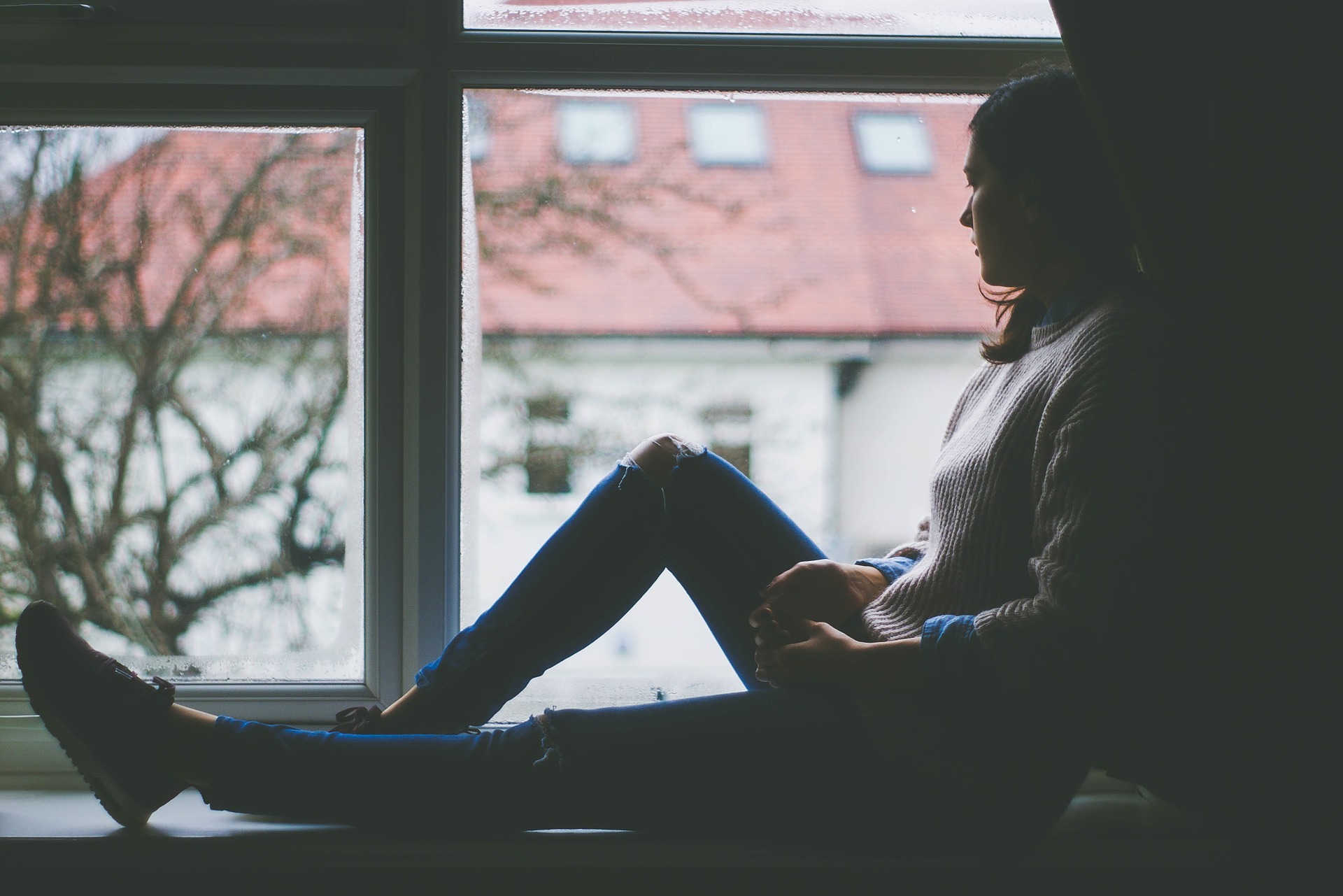
By Joel Young, M.D from Psychology Today
The CDC reports that 11% of children and adults over the age of 12 now regularly use antidepressants. Yet depression is still underestimated by many. This common mental health condition is frequently written off – even by mental health experts – as a relatively benign mental health condition. Sure, the thinking goes, it leads to sadness and makes life more difficult, but it doesn’t devastate the psyche in the same way a condition such as schizophrenia does. Depression’s severity can’t be overestimated, though, and the disorder is rapidly becoming a worldwide pandemic. It’s now the second leading cause of disability worldwide, with about 350 million people suffering from the disorder at any given time. Recent commentary in Psychiatric Times by Dr. Elizabeth Griffin aims to remind clinicians and patients alike that depression is no laughing matter.
When Depression Attacks
In her commentary Griffin discuses the shock with which suicide is often met. Loved ones may remark that the suicide victim was selfish, that she “seemed fine,” or that only crazy people kill themselves. But Griffin, who herself has struggled with depression for most of her life, aims to put the lie to these claims. She points out that depression can affect even the most competent, educated, and supportive people, leaving them shells of their former selves. And all too often, those afflicted by depression are too independent to seek help, or feel hopeless about the possibility of treatment actually working.
Griffin argues that loved ones may not always know how to talk about depression, and they may make the mistake of minimizing or ignoring the problem. Instead, she says, it’s important to talk about it in a nonjudgmental way, to offer help, and to make the depressed person feel loved and important. Deriding a person suffering from depression for her inability to cope only serves to compound the despair so many depressed people experience.
The Symptoms No One Talks About
We’ve all heard that depression can lead to feelings of hopelessness and self-loathing, but it’s easy to write these symptoms off as empty adjectives. After all, we all feel hopeless sometimes, so people who haven’t struggled with depression tend to assume that the pain of depression is as fleeting as the sadness and hopelessness with which we all struggle sometimes. In reality, people struggling with depression face a myriad of obstacles, and the disorder can manifest in dozens of profoundly troubling ways. In addition to the “standard” symptoms, symptoms can also include:
Treatment Isn’t Always Easy
Turn on the television and the odds are good you’ll see a commercial for an antidepressant in no time at all. You might think that medical professionals have treatment for depression under control, but depression is notoriously challenging to treat. Antidepressants can and do work, but part of the reason there are so many choices is because not every antidepressant works for every person. Some people have to try several different antidepressants and even several combinations of medication before something works.
Moreover, while depression is a disorder of brain chemistry, it’s also more than that. Environmental factors can make depression worse. A person who’s out of work is at a much greater risk of depression than someone who has a job they love. Relationship difficulties, financial woes, grief, trauma, and a host of other challenges increase the risk for depression. This means that mental health professionals must work to help their patients find the right antidepressant and the right lifestyle remedies. Sometimes this takes time. After all, it’s not easy to leave an abusive job or relationship, and getting out of poverty can take years of work.
Some people with depression aren’t honest with their treatment providers. Griffin explains that she minimized her own symptoms and that only close loved ones ever saw her at her worst. The inclination to put on a happy face – or to avoid psychiatric hospitalization – can delay appropriate treatment for months.
Despite these challenges, though, there is hope and help available. If you or a loved one are struggling with depression, find a mental health professional who specializes in the disorder, and stick with treatment. You really can get better.